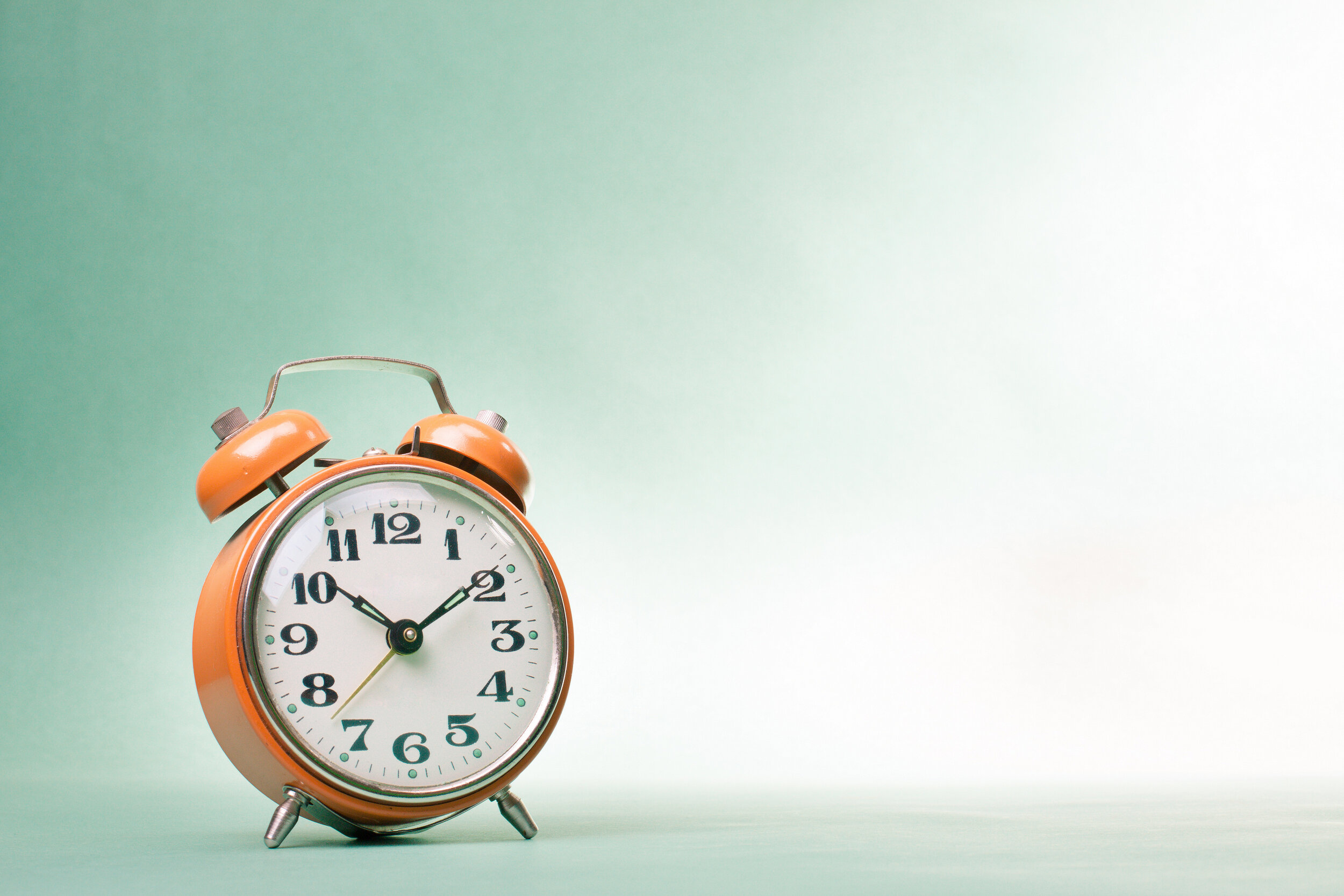One of the most common goals I work on with clients, and something that will definitely have its own page on the new-look website, is boosting energy levels.
Feeling tired, lethargic, and lacking that spark for life is something that is all too common these days, and it's often down to a host of factors.
Here are four healthy habits, one each from the think, eat, live, move elements that form the balance method, to provide you with a truly holistic approach to putting that spark back in your life and a spring in your step:
1. Think: Get checked out
If you've been feeling low on energy for some time, before you do anything else, have a chat with your GP. It's important to rule out common medical causes of fatigue or, in some instances, to diagnose the issue and begin to take appropriate actions.
2. Eat: Small and often (and healthily)
Nutrition can play a powerful part in boosting (or crashing) your energy levels. Food contains calories after all, and it's that energy that you need to make every aspect of your body function optimally.
But it's not just calories that are important. Many nutrients play a role in providing and delivering energy to your body and mind, whilst refined foods and stimulants can have a negative impact.
Before you get overwhelmed by what to focus on though, try this simple technique first:
Eat smaller healthy meals with a good source of protein (think chicken, fish, nuts, seeds, peas, beans, or legumes) more often.
This advice comes straight from the Harvard Medical School, and it's based on the knowledge that smaller meals can prevent you from getting those big energy spikes after eating, followed by that even bigger slump.
Eating small and often, including a good source of protein, can help to better regulate your blood sugar levels. It also prevents too much blood from being diverted away from your brain and muscles to your stomach (to digest the large meal you've just eaten), keeping you more alert as a result.
3. Live: Establish a sleep routine
If there's one thing you can do quickly to improve your sleep, it's to practice going to bed and getting up at the same time EVERY DAY. Yep, that means weekends too.
It helps to reset your body clock (fancy name, Circadian Rhythm), which manages your energy levels, alertness, and all of your major bodily functions throughout the day on a set timer.
Do the same things each day and you help it to literally get into its rhythm, leaving you tired when you should be, and full of beans when you need it too!
4. Move: Feeling tired? Go for a walk
Research has suggested that a short, gentle walk outside (just 20-30 minutes) may be more effective for boosting your energy levels than a nap, using stimulant substances like caffeine, or even stimulant medications.
Why? It doesn't seem to make sense, does it? When you're tired, doing exercise should surely make you even more fatigued. But, much of how energetic you feel is to do with your hormones, and gentle exercise is brilliant for balancing them.
Being stressed all day can lead to constantly high levels of adrenaline and cortisol, but moderate activity can help to bring these down, whilst at the same time boosting levels of feel-good hormones. The result: more energy. Oh, and better sleep too, which will give you even more energy. And better blood sugar control, which...you get the idea! More energy!!!
Getting outside and active early in the day seems particularly effective but, as long as you're not pushing yourself hard too late in the day (when it can delay sleep), being active at any time can help you to feel more lively.
Make a change the balanced way
If increasing energy is your goal, pick just one of the four tips above to work on this week.
Start small. Be consistent and don't be afraid to ask me for help if you need it. I’ll be happy to chat and offer advice to help you find your balance.























